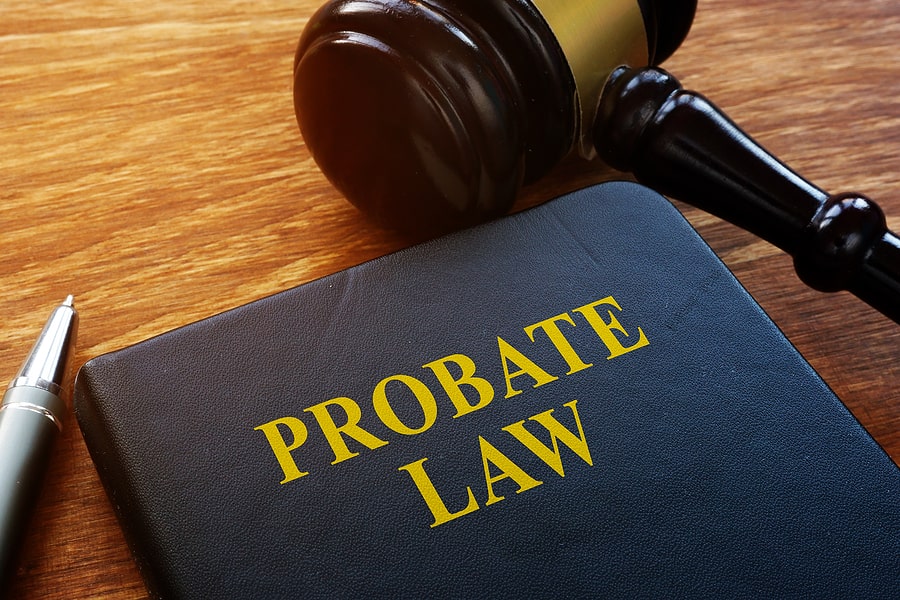Contesting a will
Contesting a will can feel difficult, but there are lots of reasons a will might be invalid. Compare quotes for up to four legal experts and find the right solicitor for you.
Compare quotes for contesting a willChoose a solicitor to help you contest a will

What are the grounds for contesting a will?
The grounds for contesting a will are specific – there are only a few reasons why contesting might be legally considered. You will need evidence to prove why you believe the will is not legal. For example, if you believe the person making the will was not of sound mind or if the will is a result of fraud or forgery.
Contest a Will
How to contest a will
The first thing to do is to contact a solicitor who will guide you through the process and identify if you have a case for contesting a will. Your solicitor will submit a claim to the Probate Registry office, which will halt the probate process. This means you’ll also be notified if anything does happen concerning probate.
Compare quotes for solicitorsWhen someone else is contesting a will
If you're the executor or beneficiary of a will that is being contested by someone else, we'd recommend you speak to a legal expert. If you're looking for support, we would recommend our probate experts. This can be a stressful time, and expert legal support is key.
Find a probate solicitorWhy use The Law Superstore to find a solicitor or legal expert?
The Law Superstore is the UK’s leading legal comparison site, designed to save you money when looking for a solicitor or any other legal expert. Get instant quotes, compare prices, locations and features and choose the lawyer that’s right for you. And we’re completely free to use.
With over 130 legal services on offer, from divorce to personal injury claims, we can help you get a great deal on your solicitor fees. You compare everything else, why not solicitors?
Legal professionals you can trust
All our solicitors and legal professionals are accredited or regulated. They go through a rigorous joining process and must have a redress scheme available, as well as their reviews and financial situation being assessed by our onboarding team. We only work with high quality, experienced legal experts.






